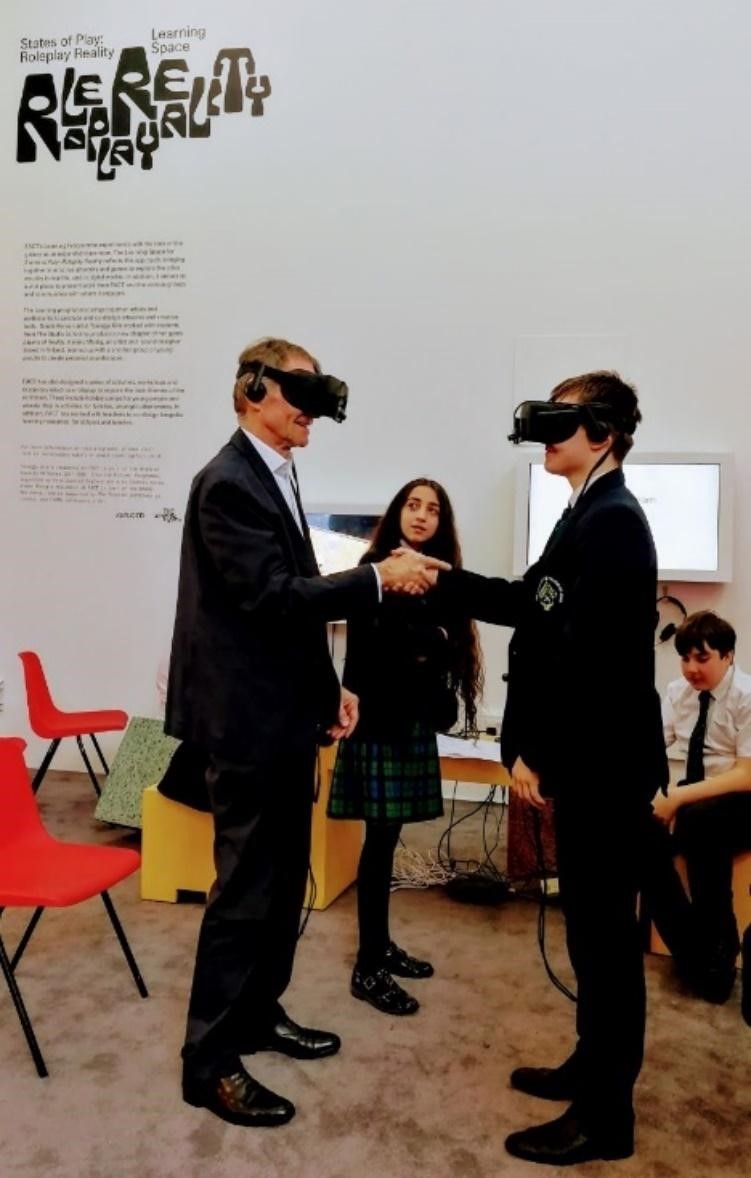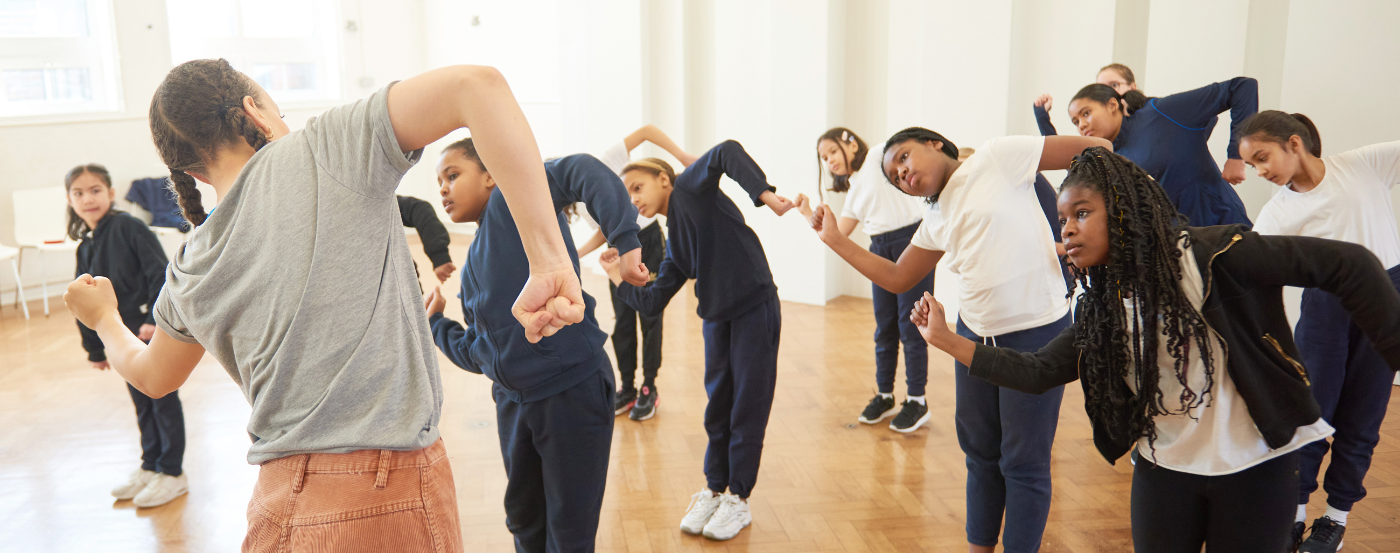
Supporting the UK’s creative sector
BY: Alan Lynch
15 May 2017
At Arts Award we recognise the huge contribution that the arts make to everyone’s lives, and the opportunities which participating in the arts can offer to young people. Not only this, the economic argument stacks up as well. The creative and cultural industry is the fastest growing sector in the UK economy , and as a whole the UK is the third largest exporter of goods and services in the world, behind only the USA and China.
As we enter the run up to the snap election called for 8 June 2017, not only are political parties slowly releasing their manifestos, many arts, creative and cultural organisations are also publishing their calls for the potential future of the UK’s creative and cultural sector.
One of these is the Creative Industries Federation (CIF). The CIF is the national membership organisation for the UK’s arts, creative industries and cultural education, with over 1000 members founded by Sir John Sorrell, Sir Nicholas Serota and other industry heavyweights. Their ‘general election manifesto for the creative industries’ published in late April sets out ten priority recommendations. Many of these relate to the creative industries as a whole, however three are particularly relevant to Arts Award.
Points 6 and 7 of the CIF manifesto explore a skills shortage and lack of appropriate careers guidance for young people. A key aspect of Arts Award is developing vital 21st century skills at all levels, from early reflection and metacognition, to in-depth art form and leadership skills development at the higher levels. We recognise and agree that there is a skills shortage for young people hoping to go into the creative industries, which demonstrates young people have shown exactly the sort of skills employers and higher education establishment are looking for.

Arts Award at all levels encourages young people to research artists to explore their journey to becoming creative professionals. At the higher levels we expect young people to research and experience options for further education or employment in the arts. However, Arts Award alone is not enough to combat the lack of appropriate careers advice and opportunities for young people, and we welcome the Creative Industries Federation’s call for more robust and inspirational careers advice.
The CIFs manifesto also calls for schools to only be granted Ofsted ‘outstanding’ if they demonstrate that they teach at least one creative subject in lesson time. All schools are required to offer a broad and balanced curriculum, and Art and Design and Music are compulsory up to Key Stage 3. However, we know that some schools are unable to offer a range of arts subjects at GCSE or A Level due to the pressure that accountability measures such as Progress 8 and the EBacc put on curriculum time. See our previous blog post for more information on recent exam results and what they show us about the arts landscape in schools. Arts Award is one way for schools to maintain an accredited arts offer, even if they are no longer able to run a full arts GCSE or A Level.
The CIF is not the only organisation to publish such a document. The Cultural Learning Alliance have also published a manifesto, asking the government to make cultural learning commitments spanning education, wellbeing, social mobility and the wider cultural sector. Beyond educational issues, they make the key point that for the future arts sector to thrive young people today need free and fair access to the arts and culture in their local area. Arts Award supports access to the arts for all through our flexible portfolio-based approached, as well as through our programmes such as the Access Fund and Arts Award Supporter . We look forward to continuing to work with young people from all backgrounds to improve their arts education, and broaden their horizons.
Whoever is in government on June 9, we hope that they continue to support access to the arts for all young people, and recognise the positive impact of the arts and culture for the UK economy, as well as national wellbeing. We look forward to being part of the next chapter, and inspiring even more artists and arts leaders of the future.
Related posts
BY: Alan Lynch
BY: Catherine Sercombe




Comments & Replies